
Don’t Throw Away Rotten Tomatoes – The More Rotten, the More “Valuable”! Few People Know This, So Share It with Your Family

Tomatoes are one of the most common ingredients on the dining table. Thanks to their rich nutritional content and affordability, they’ve become a staple in many households. With so many cooking methods available, tomatoes can be turned into a variety of dishes to suit different tastes. However, the habit of buying tomatoes in bulk often leads to spoilage at home.
Before you throw those overripe or even rotting tomatoes into the trash, take a moment to read this. You might be surprised by the many ways they can still be useful — from gardening to cleaning. This article explores the unexpected benefits of rotten tomatoes and how to make the most of them.
1. Nutritional Benefits and Culinary Versatility of Tomatoes
Nutritional Powerhouse
Tomatoes are packed with essential nutrients such as vitamin C, carotene (provitamin A), potassium, and various other minerals.
-
Vitamin C boosts immunity and accelerates wound healing.
-
Carotene is important for maintaining healthy vision.
-
Potassium plays a key role in regulating fluid balance and can help prevent high blood pressure.
Diverse Culinary Uses
Tomatoes are incredibly adaptable in cooking. Whether used fresh, roasted, sautéed, or blended, they bring both flavor and nutrition to the table.
-
Chilled tomatoes are perfect for highlighting their freshness in salads.
-
Stir-fried tomatoes create a wonderful sweet and sour balance.
-
They are also the base of countless sauces, soups, and stews in cuisines around the world.

2. Why Tomatoes Go Rotten – Common Issues
Improper Storage
Many households buy too many tomatoes at once, storing them in warm, humid places, which accelerates spoilage. A lack of ventilation or keeping them with ethylene-producing fruits like bananas can worsen the situation.
Misconceptions About Rot
Most people assume that once a tomato starts to rot, it's garbage. They worry about bacterial contamination — which is valid in part — but what many don’t realize is that rotten tomatoes aren’t always useless. In fact, when repurposed correctly, they can be surprisingly beneficial.
3. The Hidden Uses of Rotten Tomatoes

Instead of discarding your spoiled tomatoes, consider these eco-friendly and practical alternatives:
– Grow New Tomato Plants
Rotten tomatoes, despite their smell and appearance, are full of viable seeds. These seeds can be used to grow new tomato plants right at home.
How to do it:
-
Extract the seeds from a rotten tomato.
-
Fill a small pot or container with nutrient-rich soil.
-
Plant the seeds directly into the soil and cover lightly.
-
Cover the container with plastic wrap to maintain warmth and humidity, poking a few holes for ventilation.
-
Keep it in a sunny spot and water as needed.
In a few days to weeks, you’ll see seedlings sprouting. Eventually, you’ll have a new tomato plant that’s both edible and decorative.
– A Natural Metal Cleaner
Rotten tomatoes contain acetic acid, which makes them surprisingly effective at cleaning metal objects.
-
If your pots, pans, or cutlery have rust or stubborn stains, smear the tomato over the area and let it sit for 5–10 minutes.
-
Wipe with a cloth or scrub with a brush.
-
Rinse, and you’ll be surprised at the shine!
This method is natural, chemical-free, and gentle on your utensils.
– Organic Fertilizer
Spoiled tomatoes are still rich in organic matter and can act as a natural compost. Simply bury them in the soil near your plants, and they’ll slowly decompose, enriching the soil with nutrients.
-
It’s especially effective for potted plants and home gardens.
-
Over time, this reduces the need for chemical fertilizers and encourages healthier plant growth.
– DIY Face Mask (Optional Use – With Caution)
Some people even use slightly overripe (but not moldy) tomatoes for homemade skincare. The natural acids in tomatoes can help exfoliate the skin and reduce oiliness. Just mash the tomato, apply it to your face for a few minutes, and rinse off. (Note: Avoid using truly rotten or moldy tomatoes on your skin!)
4. How to Prevent Tomatoes from Going Bad
Although rotten tomatoes have some surprising uses, it’s always better to keep them fresh. Here are some practical tips to prevent spoilage:
– Buy Smart
Avoid overbuying. Purchase tomatoes based on your actual cooking plans and expected consumption. This not only prevents waste but also saves money.
– Store Properly
-
Keep unwashed tomatoes in a cool, dry, well-ventilated space.
-
Avoid direct sunlight and do not refrigerate unless the tomatoes are overripe.
-
Store them separately from ethylene-producing fruits like apples, bananas, and avocados, which can hasten ripening.
– Monitor Regularly
-
Check your tomatoes frequently. If one begins to spoil, remove it immediately to prevent affecting the others.
-
If only a small part of the tomato is damaged, you can cut off the spoiled section and use the rest, provided there’s no sign of mold.
5. Final Thoughts: Rotten Tomatoes Are Not Rubbish
Rotten tomatoes may appear worthless, but with a little creativity and knowledge, they can still serve a purpose. Whether it’s growing new plants, cleaning kitchen tools, or feeding your garden, these often-discarded fruits still hold value.
By understanding and utilizing the full life cycle of our food, we can:
-
Reduce waste
-
Live more sustainably
-
Appreciate the value of natural resources
Incorporating these habits into daily life is a small step toward a greener, more thoughtful lifestyle.
Let’s Practice Sustainable Living, One Tomato at a Time
Recognizing the hidden value in what we usually discard helps build a mindset of conservation and responsibility. By handling food wisely — from purchasing to disposal — we contribute to a healthier planet and a more mindful way of life.
So next time you find a tomato going soft and soggy, don’t just toss it. Ask yourself: “Can I give this tomato a second chance?”
News in the same category


Here are 3 coffee drinking habits of many young people that can accelerate aging and cause various health problems

It's not a snake, this is the "a:ss@ssin" that can crawl out of your air conditioner at home.
Why Should We Not Open the Bedroom Door at Night?

8 Body Language Tips to Help You Appear More Confident

Why Should You Not Close the Door When Using the Air Conditioner?

Flight Attendants Reveal Surprising Truth About Coffee Cups on Airplanes

Why Passengers Must Leave Their Luggage Behind During an Emergency Evacuation

5 'Golden Rules' Pilots Swear By That Everyone Should Follow When Boarding a Plane

Why Do Many People Abroad Hang Their Pants Inside Out with the Waistband Facing Down?
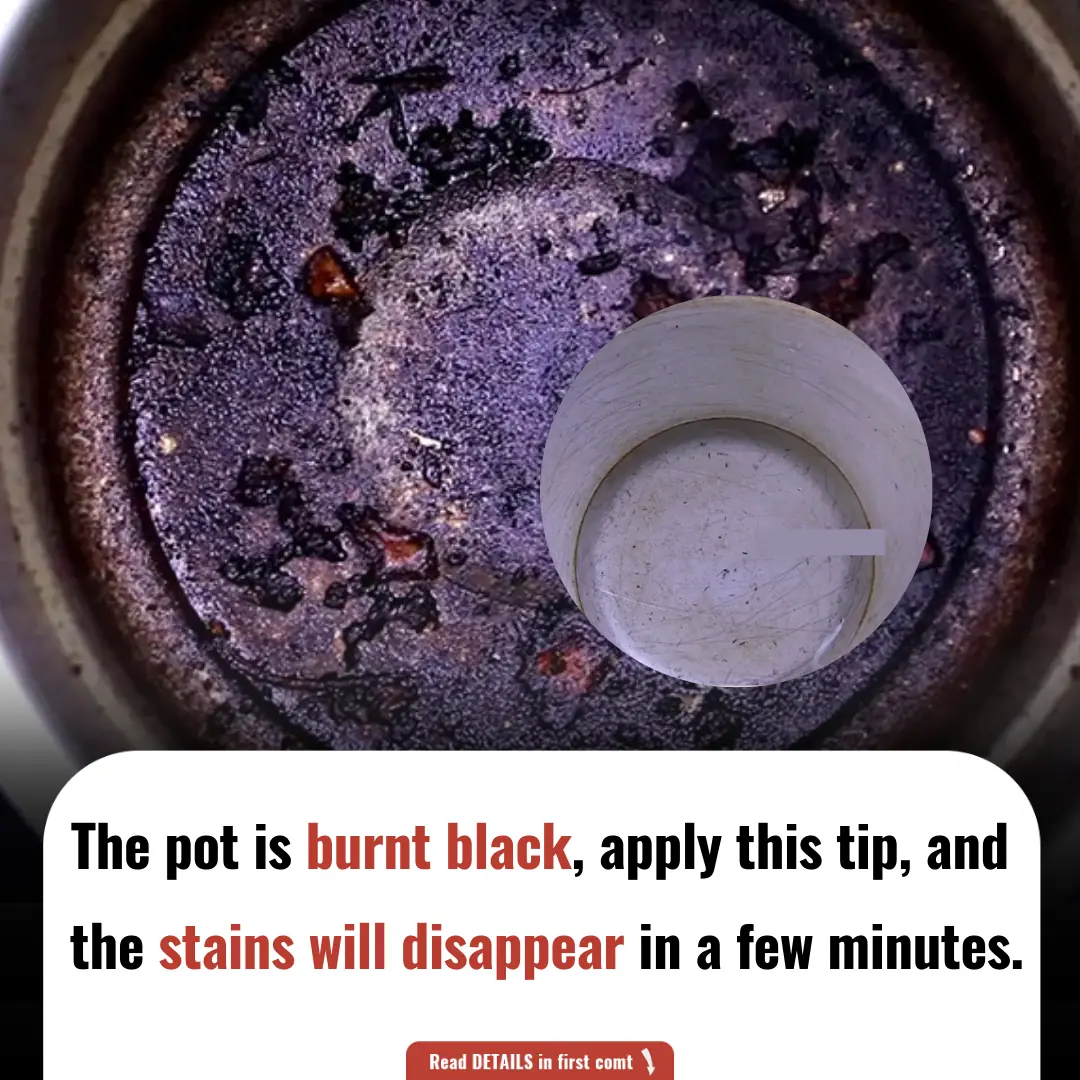
How to Clean a Burnt Pot in Just a Few Minutes: A Simple Solution
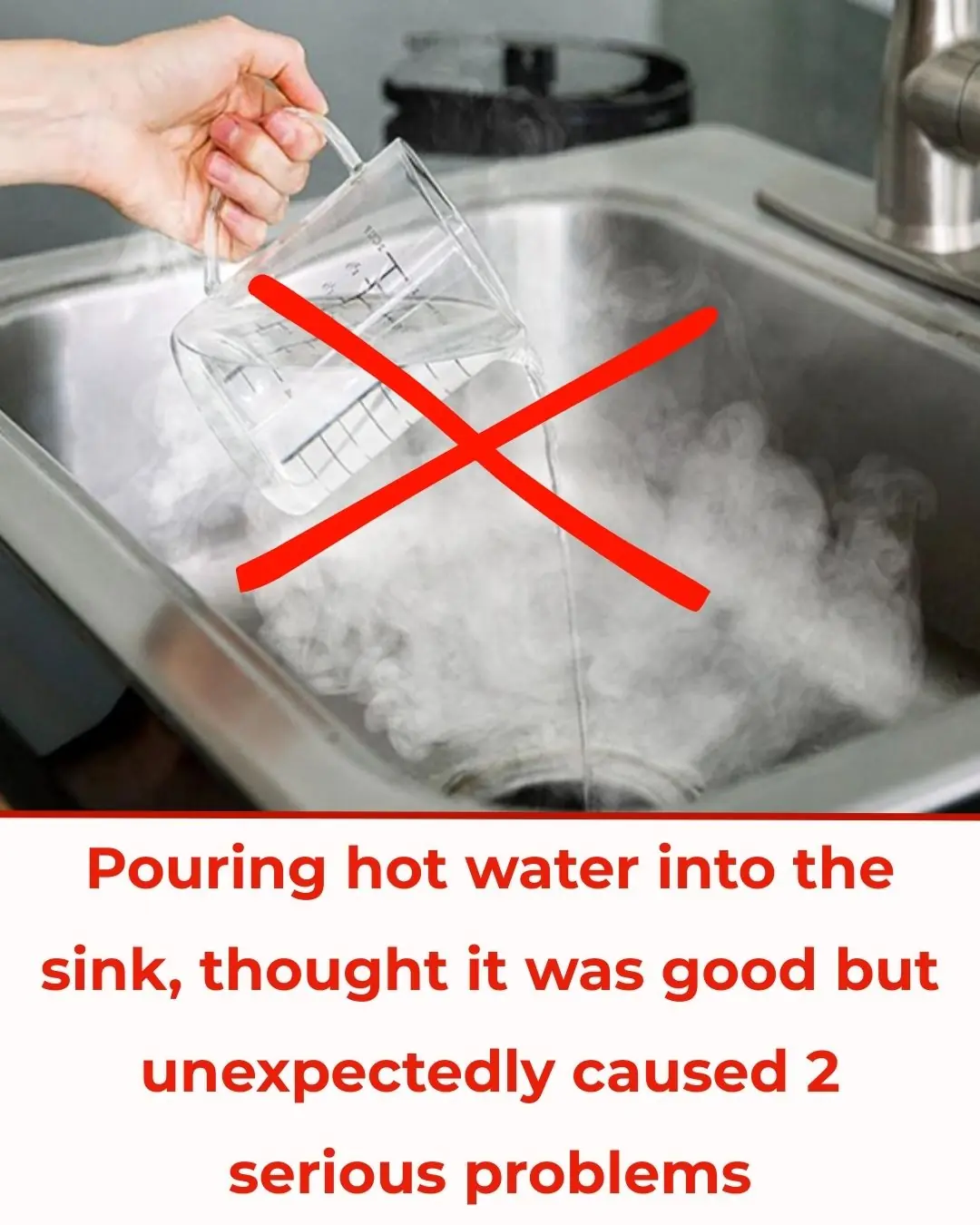
Pouring Hot Water into the Kitchen Sink: Thought It Was Helpful but Actually Causes Two Serious Problems

Clogged Pipes? Super Easy Home Remedies Without Calling an Expensive Plumber!

The Golden 4-Hour Window to Drink Coffee for Maximum Health Benefits: Clean Liver, Smooth Digestion, and Balanced Blood Sugar
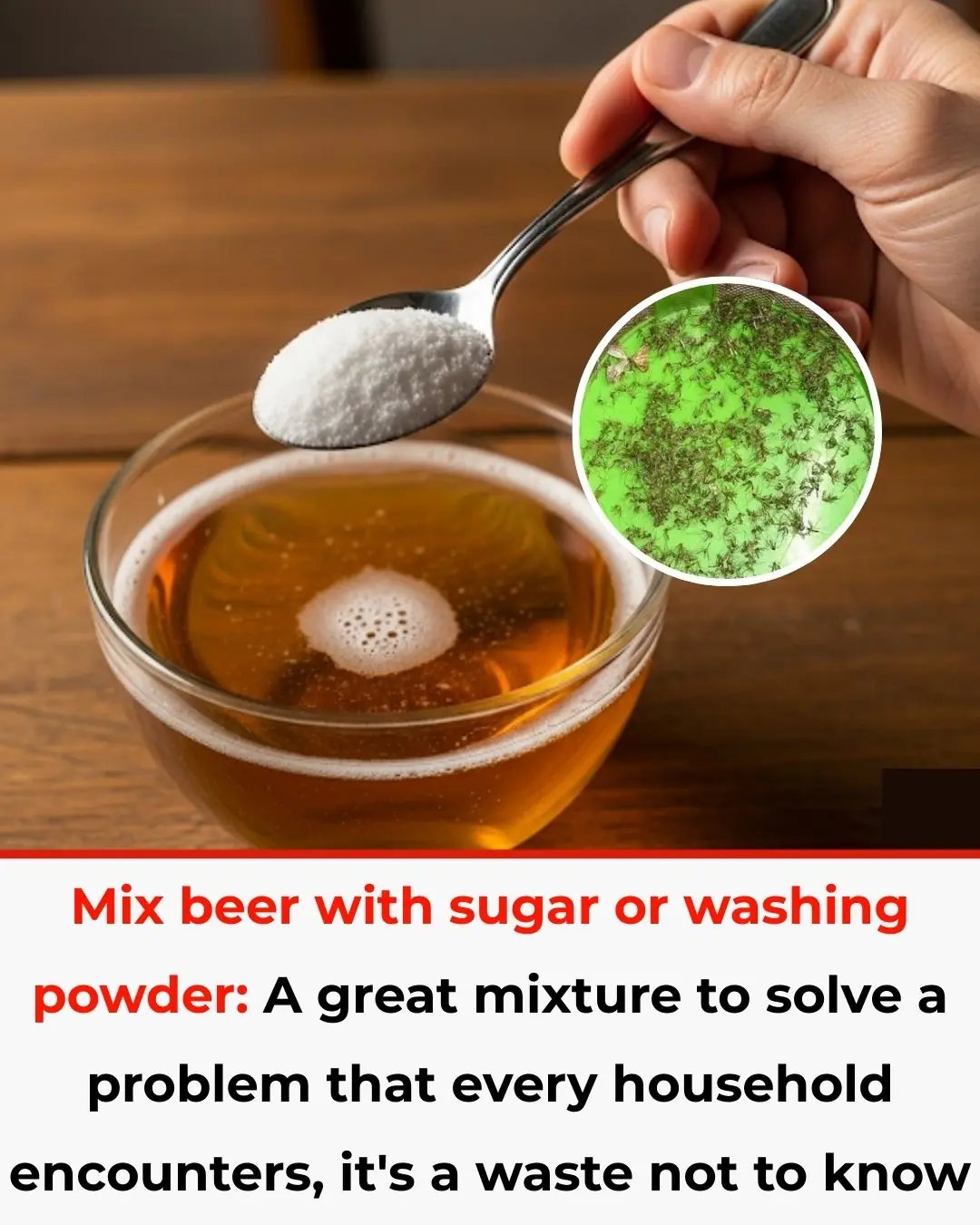
Mixing Beer with Sugar or Detergent: A Brilliant Solution to a Common Household Problem You Shouldn’t Miss
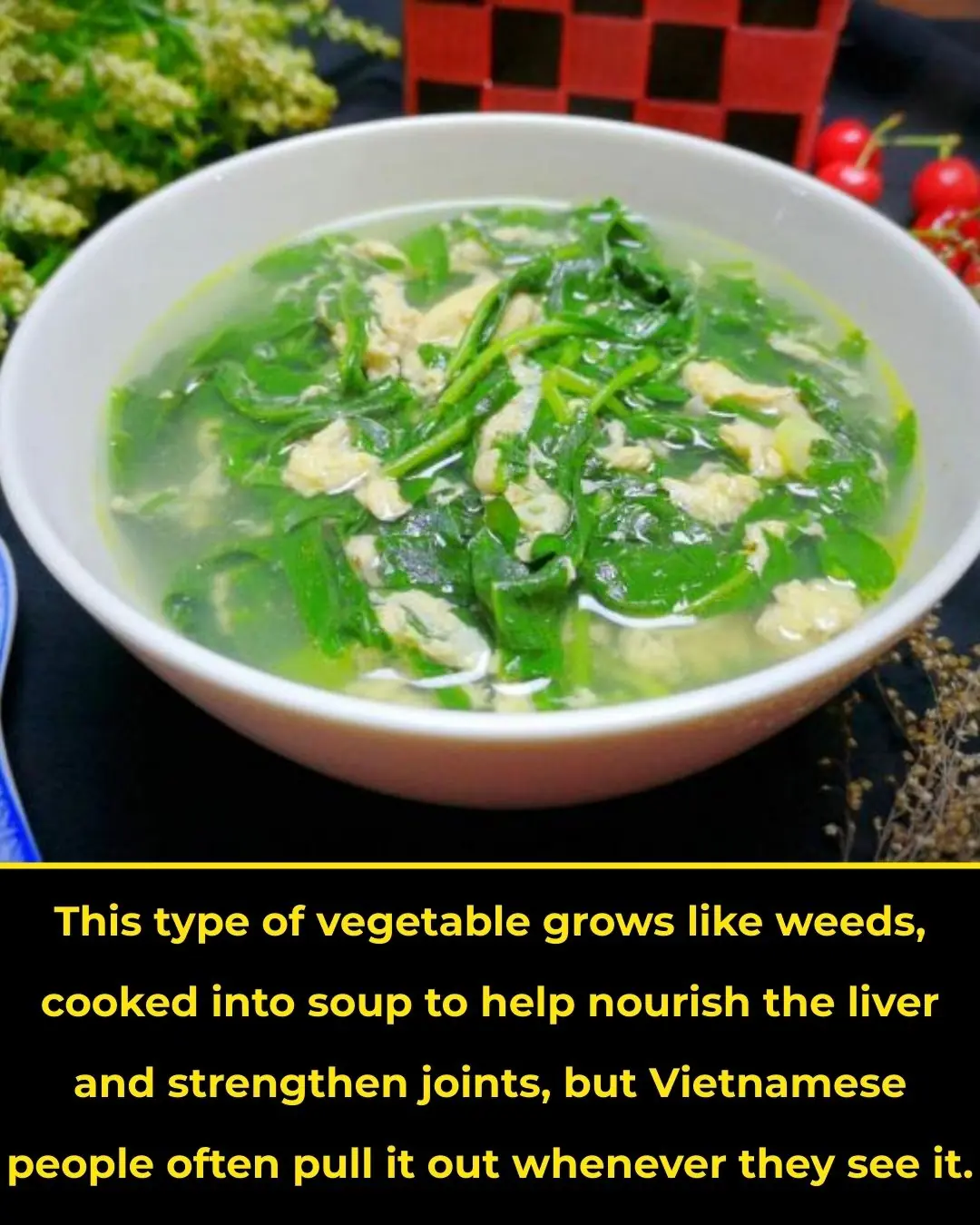
A Wild Herb That Grows Like Weeds, Used in Soups to Nourish the Liver and Strengthen Joints, Yet Most Vietnamese People Always Pull It Out When They See It
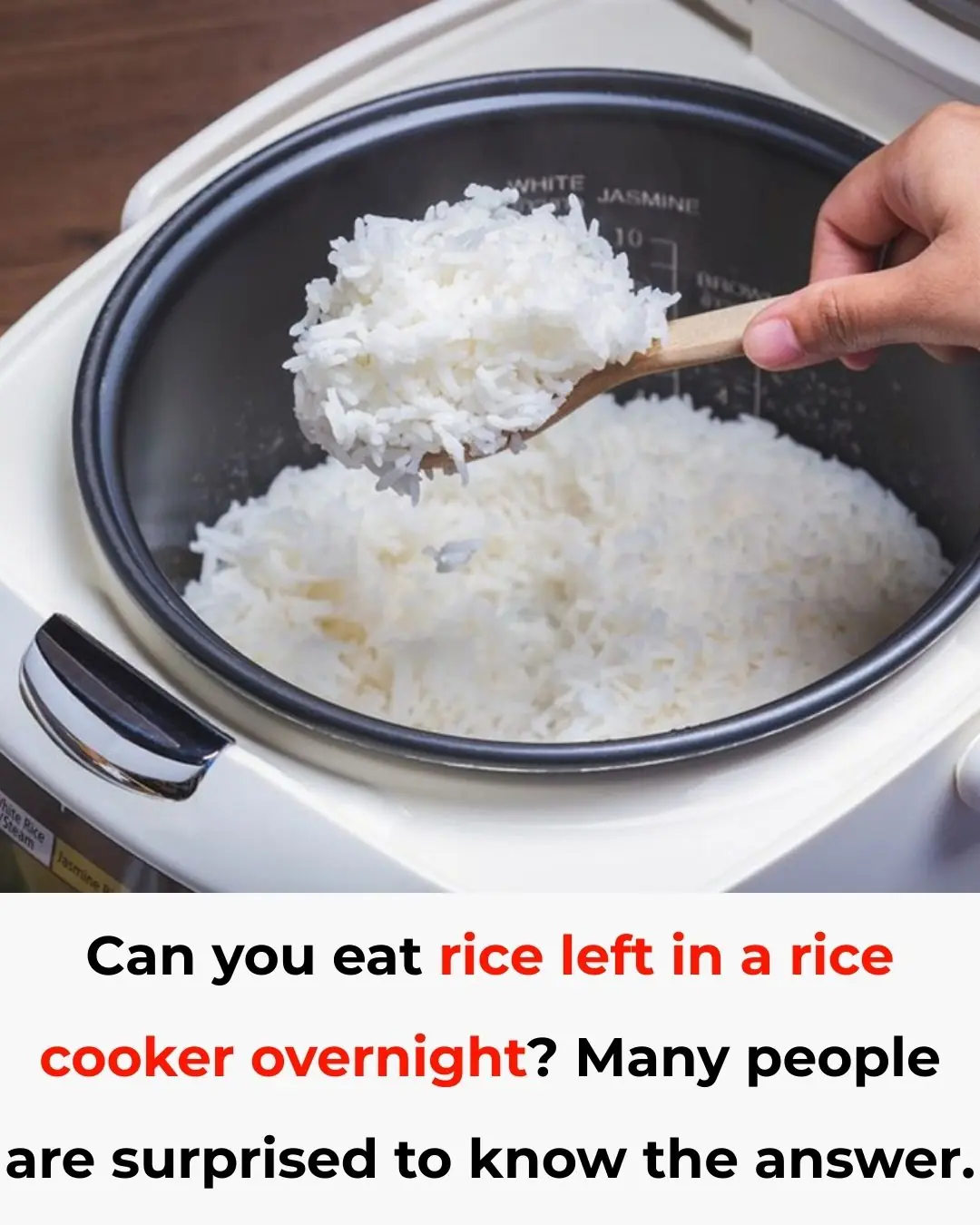
Is It Safe to Eat Rice Left Overnight in a Rice Cooker? A Personal Story and Expert Advice

Drinking perilla and lemon leaf tea brings these amazing health benefits to your body
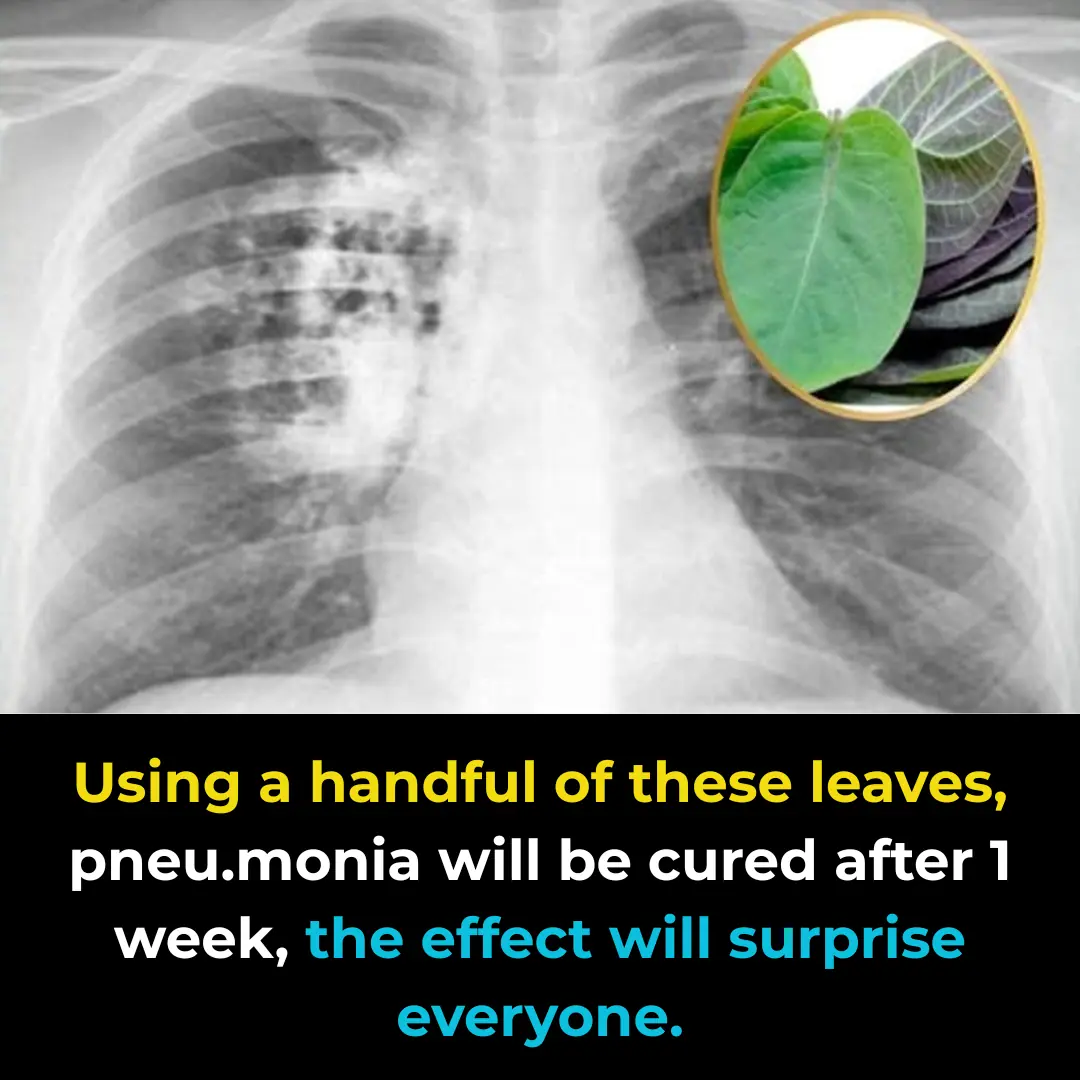
Using just a handful of Paederia foetida leaves, even severe lung inflammation can clear within a week — with results that surprise everyone.
News Post

The Most Effective Ways to Naturally Get Rid of Clogged Ears
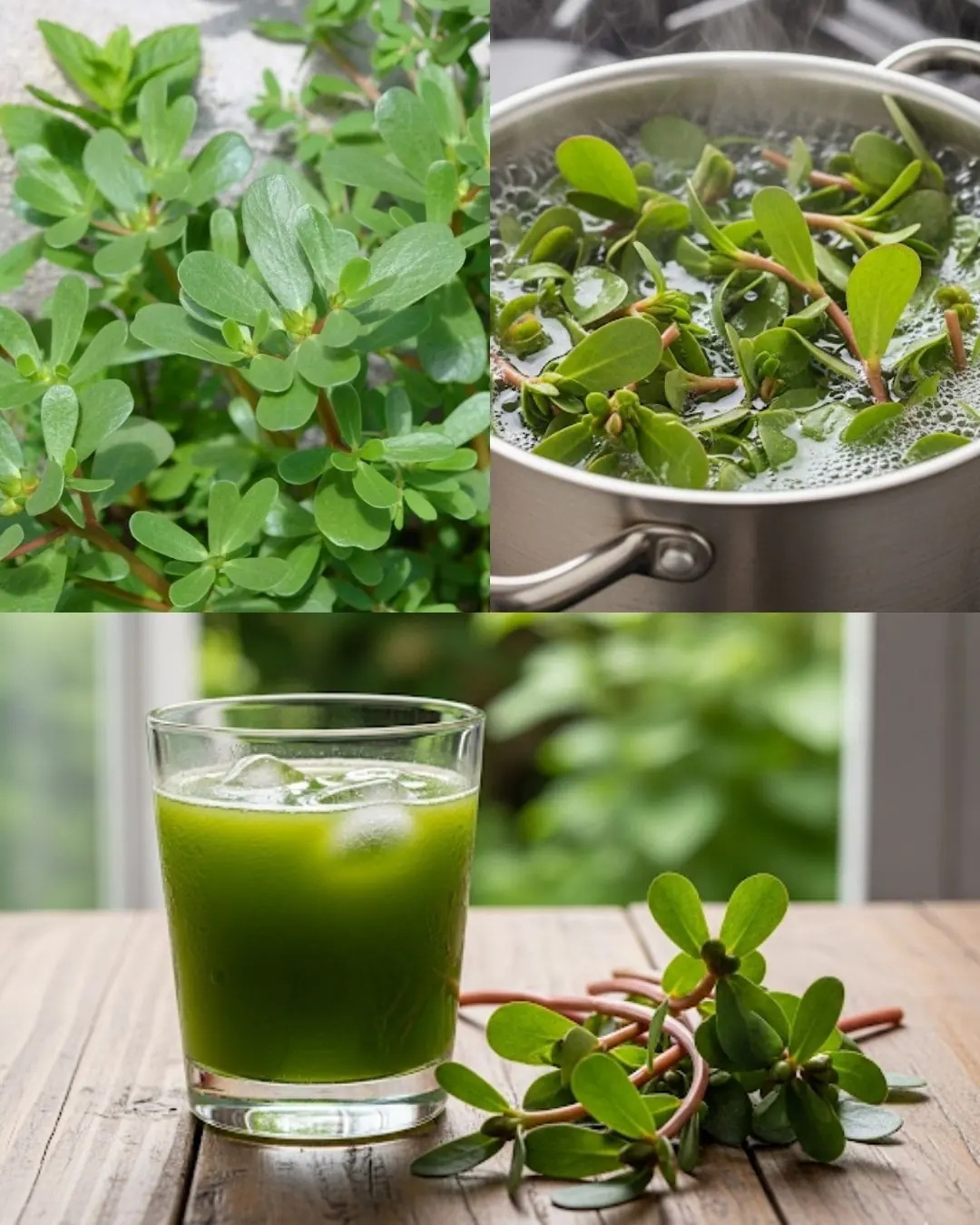
30 Powerful Reasons You Should Stop Ignoring Purslane

DIY Aloe Vera and Clove Toner: A Natural Remedy for Aging Signs

Treat Premature Gray Hair with a Natural Dye Using Tamarind and Potato – Cheap and Effective!

Here are 3 coffee drinking habits of many young people that can accelerate aging and cause various health problems

It's not a snake, this is the "a:ss@ssin" that can crawl out of your air conditioner at home.

Most US Neurologists Who Prescribe MS Drugs Take Industry Money

Cognitive Benefit From Ginkgo biloba Monotherapy in MCI

Keeping Up on HS Management When Guidelines Are Outdated

Orlando Bloom explains ‘horrible’ side effects his weight-loss transformation caused

A:dult star reveals the clause written into her contract that helps keep her safe

How Your Body Changes in Your Forties and What It Means for Your Health
Why Should We Not Open the Bedroom Door at Night?

8 Body Language Tips to Help You Appear More Confident

Why Should You Not Close the Door When Using the Air Conditioner?

Flight Attendants Reveal Surprising Truth About Coffee Cups on Airplanes

Why Passengers Must Leave Their Luggage Behind During an Emergency Evacuation

5 'Golden Rules' Pilots Swear By That Everyone Should Follow When Boarding a Plane
